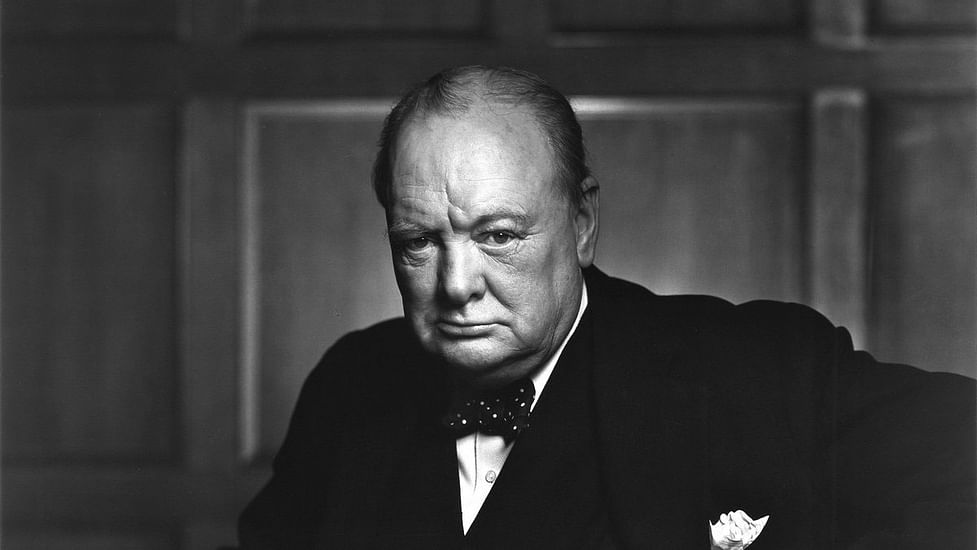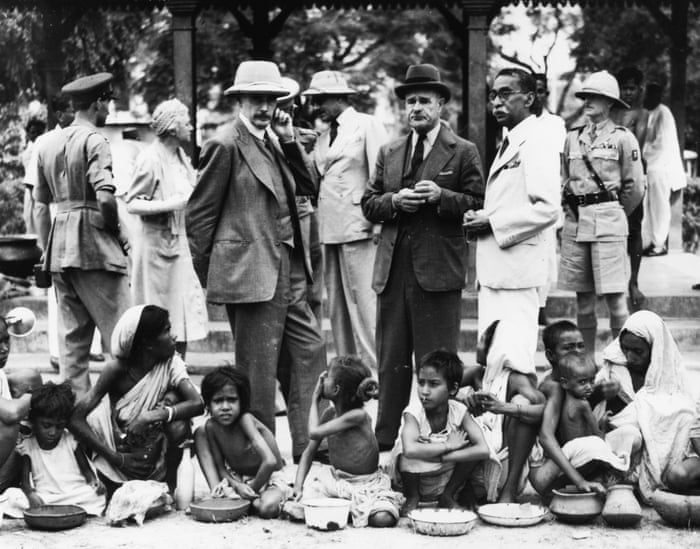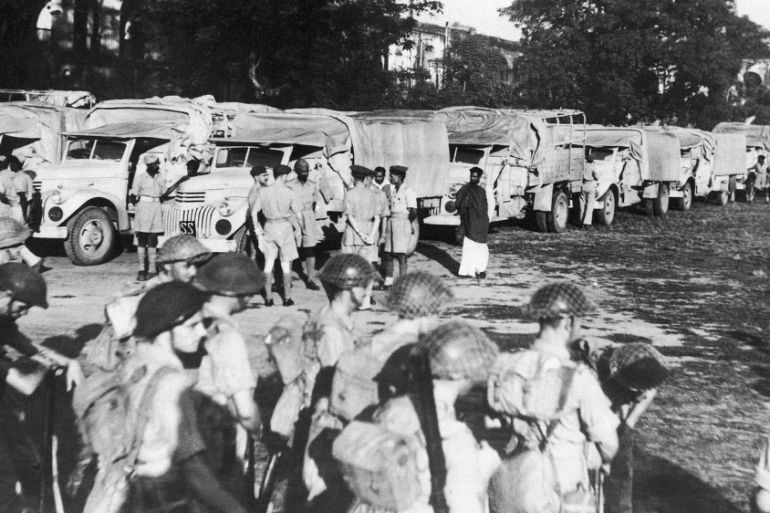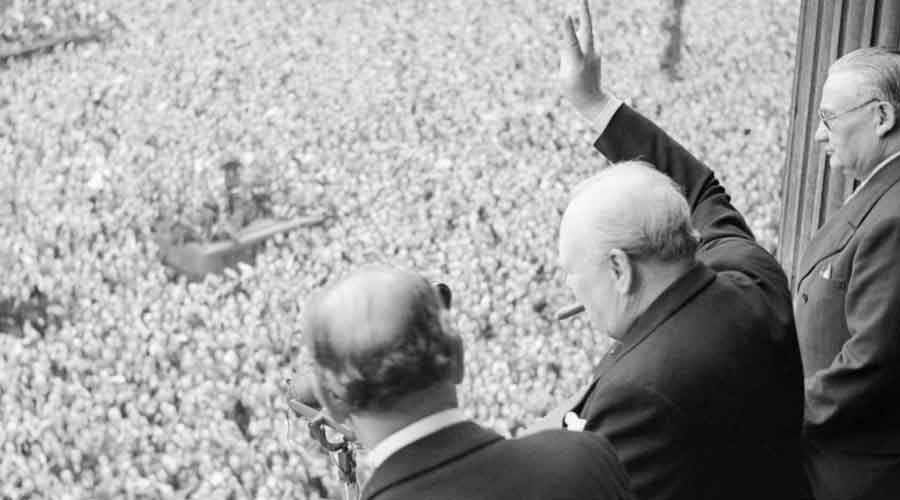The Planned Genocide
The Bengal Famine of 1943-44 is considered to be one of the darkest chapters in the history of modern India. It is estimated that between 1.5 to 3 million people died due to starvation and malnutrition during this period. While natural factors such as drought and disease played a role in exacerbating the famine, it is widely acknowledged that the policies of the British government contributed significantly to the severity of the crisis. This blog post will explore the role of the tyrannical British government during the Bengal Famine.
The Bengal Famine of 1943 was not simply an unfortunate natural disaster, but rather a planned genocide orchestrated by the British government. The British government's policies and decisions directly caused the famine and led to the deaths of millions of people.
The British government's economic policies, which included imposing high taxes on Bengal's agricultural produce and imposing strict control over the transportation of food and other essential goods, were designed to benefit the British Empire at the expense of the Indian population. These policies left the farmers in Bengal with little income and resources to invest in their farms. Additionally, the government's refusal to allow relief agencies to distribute food to the famine-stricken regions was a deliberate attempt to let the famine run its course and eliminate a large portion of the Indian population. Historian Gyan Prakash notes in his book "Emergency Chronicles: Indira Gandhi and Democracy's Turning Point," "The British government's response to the Bengal Famine was characterized by a complete lack of empathy for the suffering of the people. They were more concerned with maintaining their power and prestige than with saving the lives of millions of people." (Prakash, 2019)
Furthermore, the British government diverted food supplies from India to support their troops fighting in North Africa and Europe, despite being warned by Indian officials that this would lead to a famine in India. This decision showed a complete disregard for the lives of Indian citizens and highlights the British government's prioritization of the war effort over the well-being of its own subjects. Historian Madhusree Mukerjee points out in her book "Churchill's Secret War: The British Empire and the Ravaging of India during World War II," "The British government's decision to export food from India during the Bengal Famine was an act of criminal negligence. It exacerbated the crisis and caused the death of millions of people." (Mukerjee, 2010)

Winston Churchill the main architect of the genocide
Winston Churchill, as the Prime Minister of Great Britain, played a significant role in the Bengal Famine of 1943. His refusal to divert food supplies to India, coupled with his racist attitudes towards Indians, resulted in the deaths of millions of people. Churchill's statement, "I hate Indians. They are a beastly people with a beastly religion," not only highlights his bigotry but also his complete disregard for human life.
The deliberate actions of the British government and Winston Churchill demonstrate that the Bengal Famine of 1943 was a planned genocide. The British government's policies and decisions were not only designed to benefit the British Empire but also to eliminate a significant portion of the Indian population. The British government's actions in Bengal were a direct result of its imperialist and colonialist policies, which viewed the Indian population as inferior and expendable. Historian Janam Mukherjee notes in his book "Hungry Bengal: War, Famine and the End of Empire," "The British government's policies during the Bengal Famine were designed to create divisions among the people and maintain their control over the region. They favored certain groups over others and neglected the needs of the majority of the population." (Mukherjee, 2015)
In conclusion, the Bengal Famine of 1943 was not simply a natural disaster but a planned genocide orchestrated by the British government. The government's economic policies and decisions, coupled with its racist attitudes towards Indians, led to the deaths of millions of people. The British government's actions in Bengal serve as a reminder of the devastating consequences of imperialism and colonialism and highlight the need for accountability and reparations for the atrocities committed by colonial powers.
.jpg)





Comments
Post a Comment